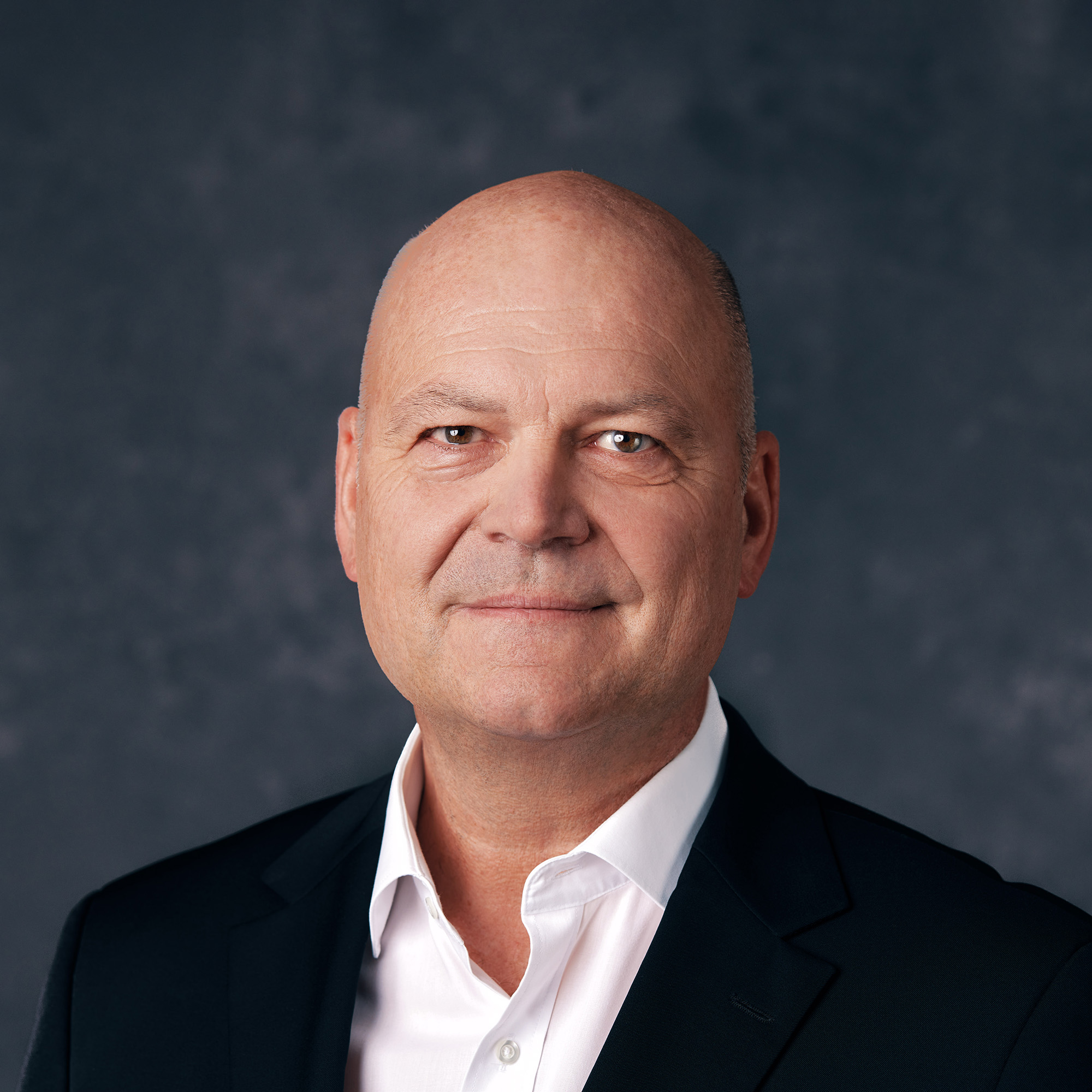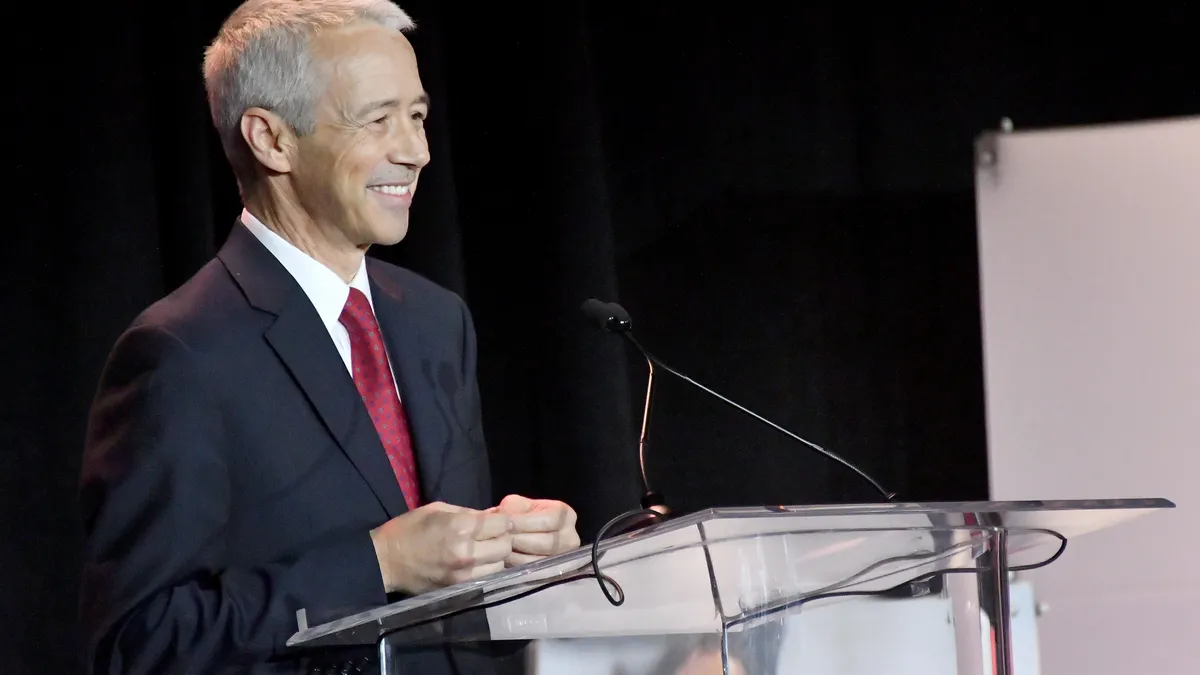Two of pharma's major behemoths — Johnson & Johnson and Novartis — kicked off 2022's second quarter earnings reports Tuesday. Both companies are undergoing some big changes of late: J&J is slimming down to a two-department company of pharmaceuticals and medical devices as it spins out its consumer unit in 2023. And Novartis recently announced it will lay off about 7% of its global workforce within a broad restructuring of the pharmaceutical business. Along with J&J, the Swiss drugmaker has also discussed the possibility of cutting a department as it considers the sale of its Sandoz generic business.
Amid all these changes, executives addressed the future of their companies, some of the wider economic issues surrounding the quarter and the potential for dealmaking down the road.
Here are some excerpts from those earnings calls with top executives at J&J and Novartis.
Creating new value
"I'd ask you not to lose sight of the fact that we are separating out our consumer health business, and we are taking that opportunity to look at how we support our business, the infrastructure that's involved with a two-segment company versus the historical three-segment company we have."

Joseph Wolk
J&J CFO
Cutting out the consumer health business is a major change for J&J. Literal household names like Tylenol, Neutrogena and Listerine have been a part of the J&J brand for decades. CEO Joaquin Duato said on the call that the spinoff, creating two standalone companies, would "be a significant opportunity for value creation." With the separation expected to be completed in 2023, the remaining J&J would still be the largest healthcare products company in the world with more than $80 billion in annual sales.
"Specifically in our pharmaceutical business, about half of our innovation is sourced externally — so when we look at M&A, we take a strategic approach."

Joaquin Duato
J&J CEO
J&J is no stranger to M&A, having executed about 40 acquisitions in the last five years to the tune of about $16 billion. While Duato made no promises about future M&A — rarely does a major CEO make such claims — he said dealmaking remains an important source to build the pipeline, particularly at a time when the company is in a cash-neutral position and can afford to invest. Areas to look out for are immunology, oncology, neuroscience, pulmonary hypertension, cardiovascular and metabolics, Duato said.
Inflation
"We did build in a healthy assumption to account for inflation … planning for increased costs in labor, energy and transportation. We noted in April, and are doing so again today, that these pressures will continue to impact margins in the third and fourth quarters and into 2023."

Joseph Wolk
J&J CFO
Inflation is affecting all industries around the world, and even companies as massive as J&J aren't immune. Wolk said mitigation efforts include improving costs, strategically raising prices and negotiating contracts with supply partners. Despite the headwinds, Wolk said J&J is proud to have raised R&D expenditure by 9%, investing in "what we believe our future depends upon."
Novartis’ future
"Sandoz had a really solid quarter in quarter two, and we raised the full-year guidance … and when you look longer term, we believe this creates a solid base for growth 2023 and beyond."

Vasant Narasimhan
Novartis CEO
Despite talks that Novartis was considering a sale of its generic business Sandoz, a strong quarter and brighter future could lead to a different outcome. Still, Narasimhan and CFO Harry Kirsch said the plan is on the table and subject to "homework" before making a final decision on the move by the end of the year.
"We have quite significant bolt-on M&A firepower, if you will, and if we don't find the right opportunities, of course, share buybacks will always continue to be part of the mix."

Harry Kirsch
Novartis CFO
Kirsch said that Novartis' net debt position and strong cash flows and balance sheet would allow for future deals if there's something worth buying. The company's most recent deal completed in the second quarter was the acquisition of gene therapy developer Gyroscope Therapeutics for $800 million up front and $700 million more in potential milestones. Novartis' own gene therapy Zolgensma brought in $379 million in the second quarter, up 20% from the year before.












